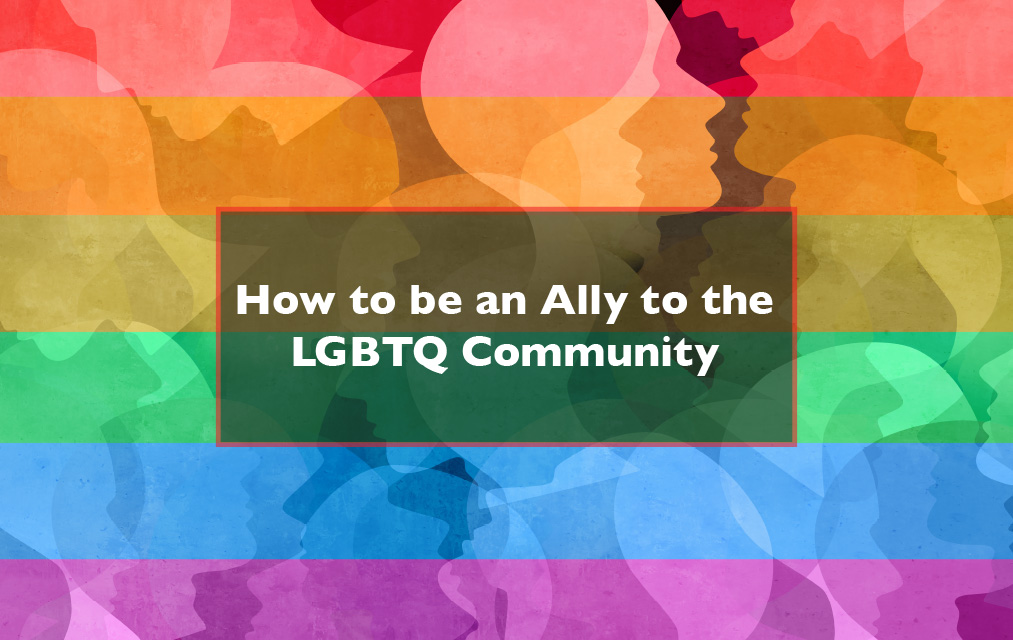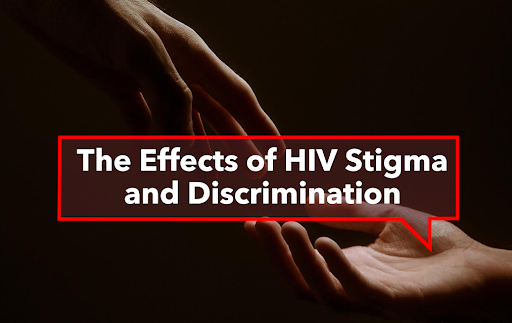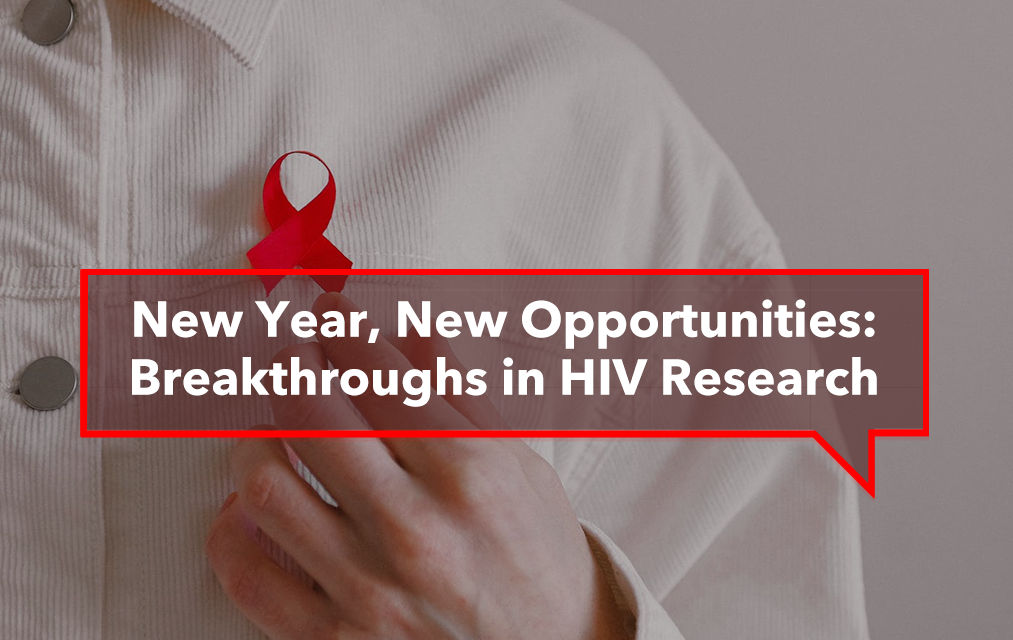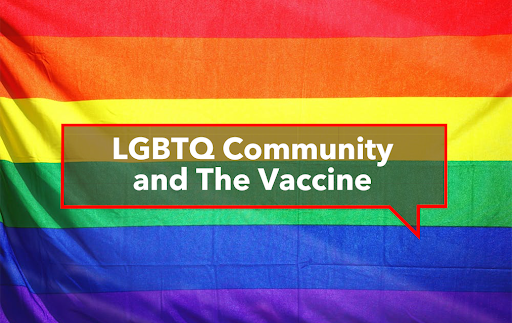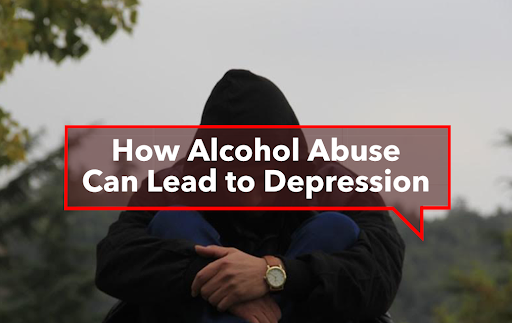Breaking the Silence: The Hidden Risks of Alcohol
April is not just the month of showers bringing May flowers; it’s also designated as Alcohol Awareness Month. Purposed to raise awareness about the risks associated with alcohol abuse and alcoholism, Alcohol Awareness Month emphasizes education as a means to increase prevention. As we delve into this topic, it’s essential to understand the patterns of alcohol consumption, its impact on sexual behavior, and the broader health implications. Patterns of Alcohol Consumption & Sexual Behavior According to a study published in the National Center for Biotechnology Information, participants reported binge drinking on 52% of drinking days. This statistic underscores the prevalence of …
How to be an ally to the LGBTQ community
June is Pride Month, and it is the perfect time for the straight community to celebrate and reacquaint themselves with the LGBTQ community through education. According to a recent CNN article, here are eight suggestions to try. Get familiar with the spectrum. Sexual identity can be confusing, but a good place to start is to know the range of identities on the LGBTQ spectrum. Start with terms like gender fluid, transgender, pansexual, bisexual, asexual, cisgender, intersex, queer, genderqueer. Ask the question. Use the appropriate pronouns by asking your friends how they prefer to identify. This act shows sensitivity and, more importantly, respect. Make a small gesture …
The Effects of HIV Stigma and Discrimination
Today approximately 1.2 Americans are living with HIV. Luckily due to advances in medicines and treatments, HIV does not have to be the death sentence it once was, nor does it have to progress to AIDS. However, of those 1.2 Americans living with HIV, 13% of them are infected with the virus and do not know it. There has been a decline in transmission over the last few decades, and based on this, we know that education and safe sex practices work to stop the spread. By 2022 we will be more than accustomed to living with viruses in our midst. As …
5 Dating Apps for HIV People
As an HIV-positive person, dating can be challenging as you want to find love, but maintain privacy about your status so you can live a happy and stress-free life with your prospective partner. You have to be as honest as possible about your medical condition and, as you know, talking about such a condition can be very challenging. Others may not fully understand what you’re going through, and you will need to disclose as much information as possible before engaging in any sexual activity. Thankfully, there are many dating apps available to alleviate the fears of HIV-positive people as they …
New Year, New Opportunities: Breakthroughs in HIV Research
HIV was first identified in the 1980s and has been a constant subject of research and debate. While there wasn’t much information available regarding this disease back then, we have a wealth of information readily available to us now, from when it began to how it causes illness in humans. Since its origination, over 700,000 people have lost their lives to this infection, and 1.7 million more have been infected by it. Global Impact of HIV The world took a significant hit when people became infected by HIV in 2019 alone. Approximately 38 million people worldwide live with HIV in their systems, …
Mental Health During the Holidays
The holiday season means parties, family gatherings, eating more food than usual, and spending time with people you love. People are expected to spend this special time with their families, but it can be challenging for those struggling with mental illness. The struggle with mental health, especially during the holidays, is genuine. That’s why we want to make it a bit easier this year. To help you enjoy your time with family and friends, we’ve put together these tips. Take care of yourself. The last two years were some of the toughest that we have faced. Not only has COVID …
LGBTQ Community + The Vaccine
The COVID-19 pandemic has affected all of us, but particularly those in the LGBTQ community. The recent data around the impact of the pandemic has highlighted the importance of inclusivity and equality when it comes to health, safety, and wellbeing. Nobody could have expected the pandemic to spread across the world in the way that it did in early 2020. Even now, there is still a level of unpredictability surrounding the world’s future as we know it. The LGBTQ Community and COVID-19 This unpredictability is proving difficult for lesbian, gay, bisexual, transgender, or queer people, who already faced huge difficulties …
How Alcohol Abuse Can Lead to Depression
It’s no secret that college students are known for drinking to excess. But what many don’t know are the links between alcohol abuse and depression. Alcohol changes the brain’s chemistry, and when someone drinks too much regularly, they’re more likely to develop depression or other mood disorders. It may be hard at first, but you should talk with your doctor about how you can cut back on drinking before it leads to something worse. Connections Between Depression and Alcoholism Alcohol abuse and depression disorders have a two-way relationship. Both can coexist and are prevalent psychiatric conditions that frequently occur together; each …
Peer Pressure in College
Peer pressure is not a myth. It’s a real thing that can have serious consequences. Have you ever felt pressured to try alcohol, drugs, or sex? Peer pressure is one of the most powerful forces in human nature, and it affects our lives every single day. This post will explore how peer pressure affects college students and what we can do about it. With a specific focus on college nightlife, it’s essential to know how to navigate peer pressure situations when it comes to drinking and unprotected sex. With students returning to college this year, it’s important to understand how …


